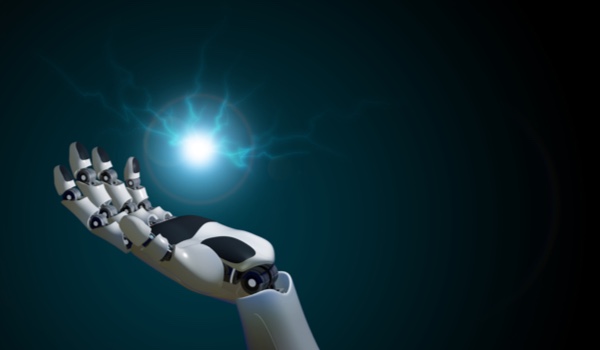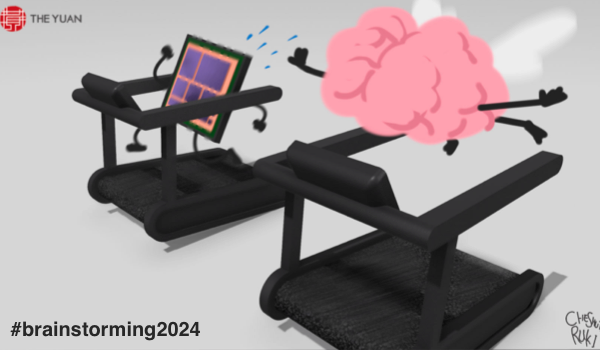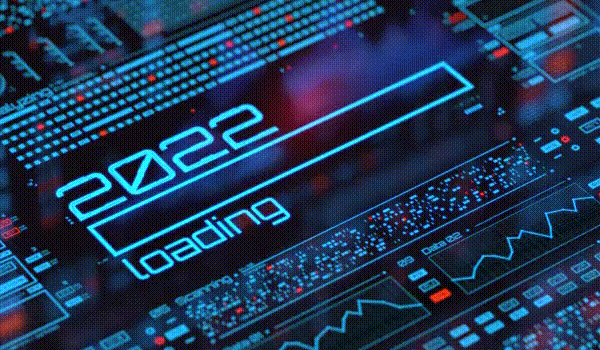


ISTANBUL - One sector benefiting the most from the rise of AI is the health sector. Where do doctors stand amid this new and transformative technological change and, even more importantly, what do doctors actually need to know about AI?
Is AI an aid to doctors or a replacement?
Doctors must be aware that AI is hardly going to replace them. Sci-fi-like depictions of robots that replace doctors by taking patients’ medical histories, evaluating them, and organizing their treatments are not yet on the horizon. Today’s AI applications are assistants in clinical practice, and their purpose is to save time for doctors, increase diagnostic accuracy, and improve healthcare quality.
Before X-ray devices became widespread, the most important diagnostic tool for pneumonia was the stethoscope, though as technology advanced information from X-rays became far more helpful to doctors. However, no doctor would ever make a diagnosis based solely on a radiograph without examining the patient first. Instead, doctors use technology as an aid to complement examinations and provide insights, with physicians themselves compiling results. AI is similarly just an advanced assistant for doctors, helping in the following ways:
- Easily monitoring patients’ health: With the aid of AI, doctors can quickly detect a deteriorating condition or abnormality in a patient's vitals thanks to warnings that the software produces. This can also happen with data collected via wearable devices or monitoring in areas such as intensive care units (ICUs).
Current approaches by clinicians for the early prediction of patient deterioration can be estimated using manually calculated screening metrics called early warning scores (EWS). While EWS systems have excellent predictive values, they are limited by their intermittent nature. However, Alshwaheen et al. (2021) proposed a novel framework
The content herein is subject to copyright by The Yuan. All rights reserved. The content of the services is owned or licensed to The Yuan. Such content from The Yuan may be shared and reprinted but must clearly identify The Yuan as its original source. Content from a third-party copyright holder identified in the copyright notice contained in such third party’s content appearing in The Yuan must likewise be clearly labeled as such. Continue with Linkedin
Continue with Linkedin
 Continue with Google
Continue with Google











 1160 views
1160 views






